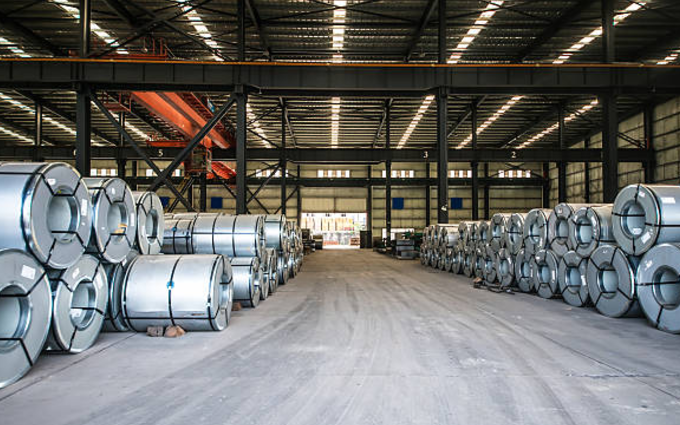
Posted on Tuesday, February 28, 2023
Importing steel coil into Brazil can be a complex process, but with the right information, you can navigate the process efficiently and cost-effectively.
The total cost of importing steel coil into Brazil includes several components:
Brazil has a detailed tariff schedule under the Mercosur Common External Tariff (TEC) framework. Key points to consider:
To minimize costs, work with a customs expert familiar with Brazilian regulations.
Q: What is the lead time for importing steel coil into Brazil? A: Lead times depend on the supplier’s location and shipping method. Sea freight from Asia typically takes 30-40 days, while air freight can take 3-7 days.
Q: Are there restrictions on importing steel coil into Brazil? A: Certain steel types may be subject to quotas, and anti-dumping duties could apply. Check with Brazilian customs before placing an order.
Q: Can I import used steel coil into Brazil? A: Importing used steel is generally restricted and requires special permissions.
Q: How do I find a reliable supplier? A: Vet suppliers based on their reputation, certifications, and ability to provide test reports. Consider sourcing through established platforms or trade shows.
Q: What are the penalties for non-compliance? A: Non-compliance with import regulations can result in fines, seizure of goods, or delays.
Importing steel coil into Brazil requires careful planning and adherence to local regulations. By understanding costs, tariffs, delivery logistics, and quality considerations, you can optimize your import process and avoid common pitfalls.

Used Purlin Roll Forming Machines for Sale Worldwide
Posted on Sunday, January 25, 2026
Pre-Owned Roll Forming Machines for Purlin & Structural Steel Profiles

Used Roof Panel Roll Forming Machines for Sale Worldwide
Posted on Sunday, January 25, 2026
Pre-Owned Roll Forming Machines for Roofing Panel Production

Used Roll Forming Machines for Sale Worldwide
Posted on Tuesday, January 20, 2026
Pre-Owned Roll Forming Machines with Inspection, Verification & Global Support

Steel Coil Supply for Roll Forming Machines Worldwide
Posted on Tuesday, January 20, 2026
Reliable Steel Coil Supply for Roll Forming, Fabrication & Manufacturing Applications
Copyright 2026 © Machine Matcher.